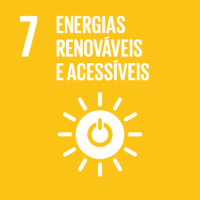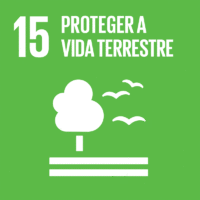Ciência_Iscte
Comunicações
Descrição Detalhada da Comunicação
Diversifying the concept of analogue missions to explore and evaluate new concepts for future space missions
Título Evento
72nd International Astronautical Congress 2021
Ano (publicação definitiva)
2021
Língua
Inglês
País
Emiratos Árabes Unidos
Mais Informação
Web of Science®
Esta publicação não está indexada na Web of Science®
Scopus
Esta publicação não está indexada na Scopus
Google Scholar
Esta publicação não está indexada no Google Scholar
Esta publicação não está indexada no Overton
Abstract/Resumo
A range of analogue missions has been designed and used to explore and evaluate di erent aspects
of future space mission e.g. HI-SEADS, MELiSSA, BioSphere 2. They have been successful in exploring
aspects of team working, nutrition, testing space suits, psychological impact of con nement, restriction
and loneliness. In this presentation, we introduce, discuss and compare three di erent environments that
use sustainability or artistic practices that provide possibilities to expand and diversify the concept of
analogue mission. This presentation uses a literature review and observations to identify possibilities for
reciprocal learning and collaboration between currently run analogue space missions and the following
projects, in which the author team has been involved in as a participant or as a researcher: ecovillages, b)
virtual futuristic space mission workshops called CTIM, c) a community developed art installation called
SEEKER. The relevance of this comparative exercise comes from the fact that all these scenarios inquire
into how to create conditions for the sustenance of human and non-human life in adverse environments:
disrupted terrestrial ecosystems and the life-threatening conditions of outer space. It's these extreme
contexts that force us to rethink accepted relationships between living organisms, humans and their
environment, and come up with new con gurations. Ecovillages provide a unique environment in which
to explore long term human interactions in re-generating or recreating ecosystems, through the promotion
of circular feedback systems including biological and mineral entities. They help to explore how families
and communities develop in these scenarios in timeframes and with organizational frameworks that are not
possible in standard analogue missions. SEEKER is an artistic installation that members of community
build their own starship and can run isolation mission in them. It gives opportunities for individuals
to experiment and shape their spaceship and push the boundaries of experimentation. It also provides
a sense of ownership that can a ect how individuals interact with the environment and others during
the mission. Finally, CTIM involves a futuristic space mission workshop that uses role playing and
immersion to get people to imagine events in future space missions and response to them. It provides an
opportunity to push discussions on how to innovate system building and methodological innovation with
an interdisciplinary group. These three scenarios can provide complimentary inform discussions on how
to prepare for di erent aspects of short term or long term future space missions.
Agradecimentos/Acknowledgements
--
Palavras-chave
Sustainability,Regenerative Communities,Space Exploration,Transdisciplinarity,Prefiguration
Classificação Fields of Science and Technology
- Outras Ciências Sociais - Ciências Sociais
Registos de financiamentos
| Referência de financiamento | Entidade Financiadora |
|---|---|
| PTDC/SOC-SOC/2061/2020 | Fundação para a Ciência e a Tecnologia |
Registos Associados
Esta comunicação está associada ao registo seguinte:
Contribuições para os Objetivos do Desenvolvimento Sustentável das Nações Unidas
Com o objetivo de aumentar a investigação direcionada para o cumprimento dos Objetivos do Desenvolvimento Sustentável para 2030 das Nações Unidas, é disponibilizada no Ciência_Iscte a possibilidade de associação, quando aplicável, dos artigos científicos aos Objetivos do Desenvolvimento Sustentável. Estes são os Objetivos do Desenvolvimento Sustentável identificados pelo(s) autor(es) para esta publicação. Para uma informação detalhada dos Objetivos do Desenvolvimento Sustentável, clique aqui.

 English
English




